Loving an Addict: How To Help Someone with Addiction


Addiction can be defined as a relapsing disorder characterized by compulsive drug use despite adverse effects.
The cause of addiction can vary, and multiple factors can put a person at a higher risk of developing an addiction.
These factors can include:
Addiction is a chronic brain disease, not a moral failing.
It is often talked about in reference to substances, but there are different types of addictions.
One is physical or chemical addiction, which involves substances like alcohol, prescription drugs, or illicit drugs. Common addictive substances include opioids, nicotine, and amphetamines.
Another is behavioral addiction which involves an addiction to certain behavior patterns. An example of a behavioral addiction can be an internet or gaming addiction.
In both cases, treatment can help a person manage their symptoms and learn healthy coping mechanisms and strategies to unlearn negative patterns.
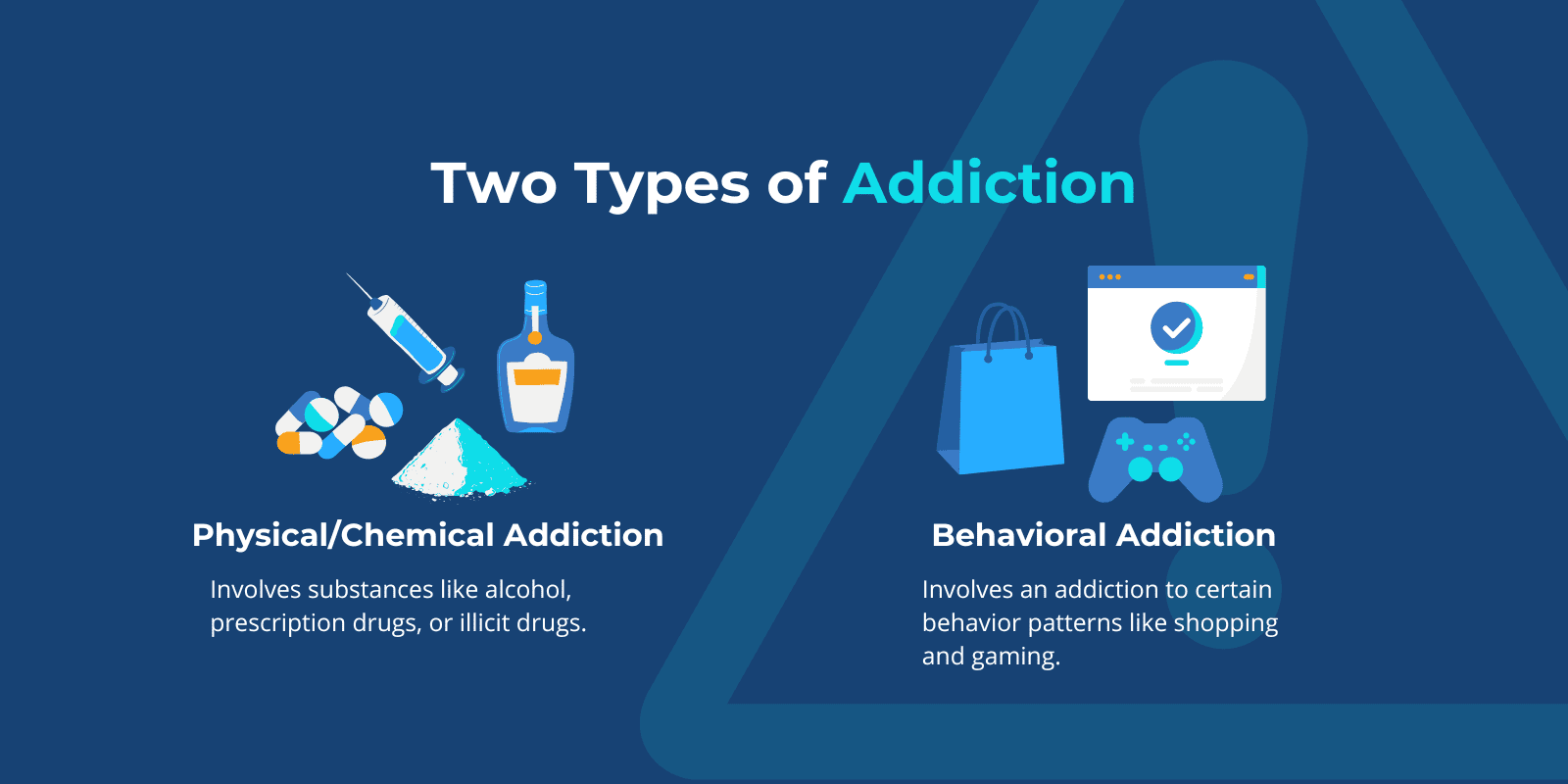
Young adults ages 18 to 25 are especially vulnerable to developing an addiction.
The younger a person is when they begin substance abuse, the higher the risk of developing an addiction.
Young people are especially vulnerable to addiction because their brains are still undergoing major development.
Not everyone who abuses drugs develops an addiction.
Drug abuse involves using illegal substances, misusing prescription medicines, or misusing over-the-counter medicines.
According to the National Institute on Drug Abuse, addiction is a chronic brain disease characterized by compulsive drug seeking and use despite negative consequences.
A person who is addicted cannot control drug use and will experience withdrawal symptoms if they stop using.
Drug addiction is considered a “relapsing” disease, meaning that people in addiction recovery are at increased risk of returning to drugs, even years after their use has stopped.
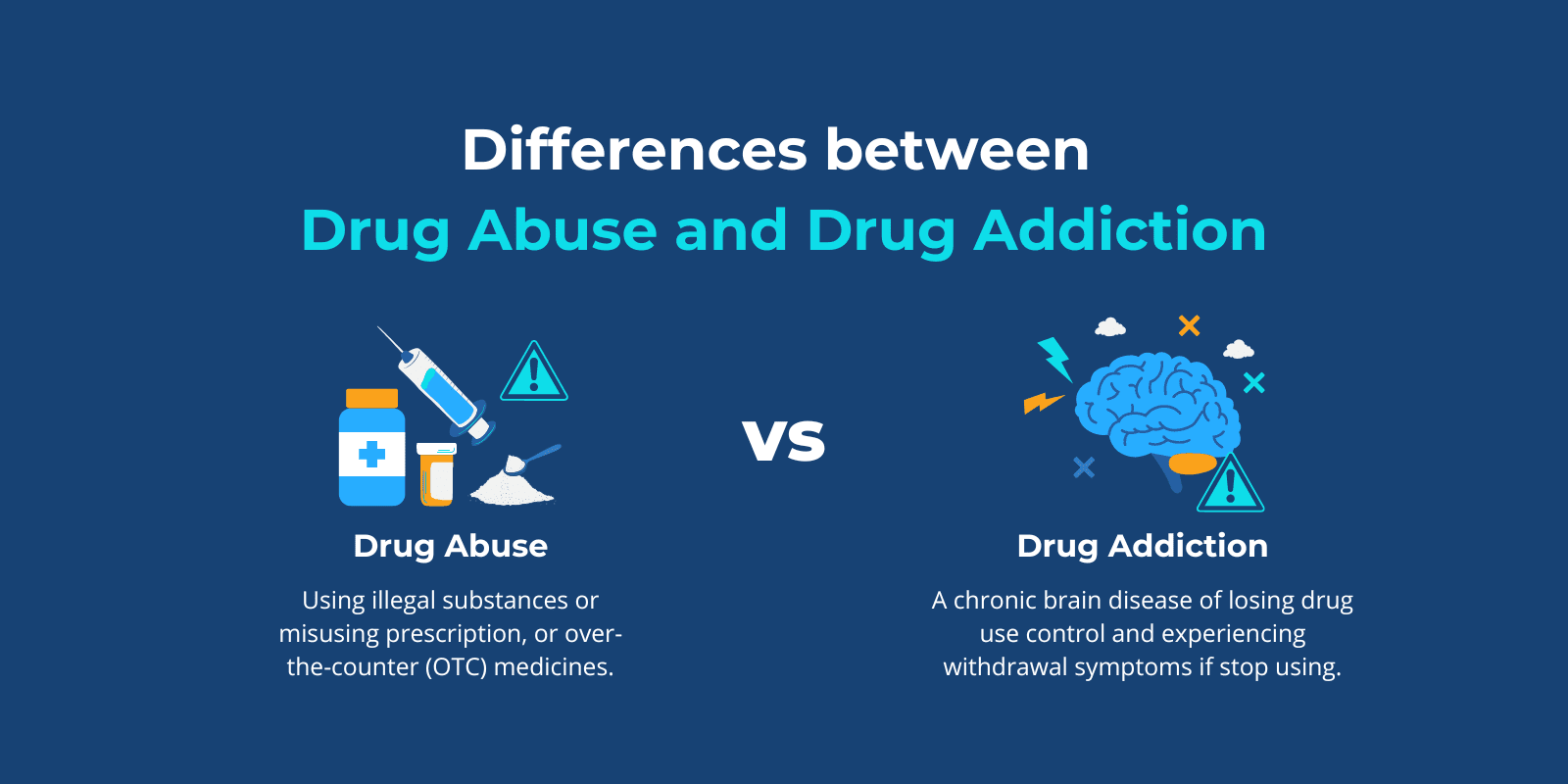
Addiction affects a person’s whole life. It can lead to numerous serious negative health outcomes, cause strain on their relationships, and can make it extremely difficult to function daily.
People with addiction can face health problems, including lung disease, heart disease, stroke, and other mental health conditions.
A person struggling with addiction may also find it difficult to perform at school, at work, or face problems with friends and family members.
Addiction is extremely dangerous and can lead to overdose and sometimes become fatal.
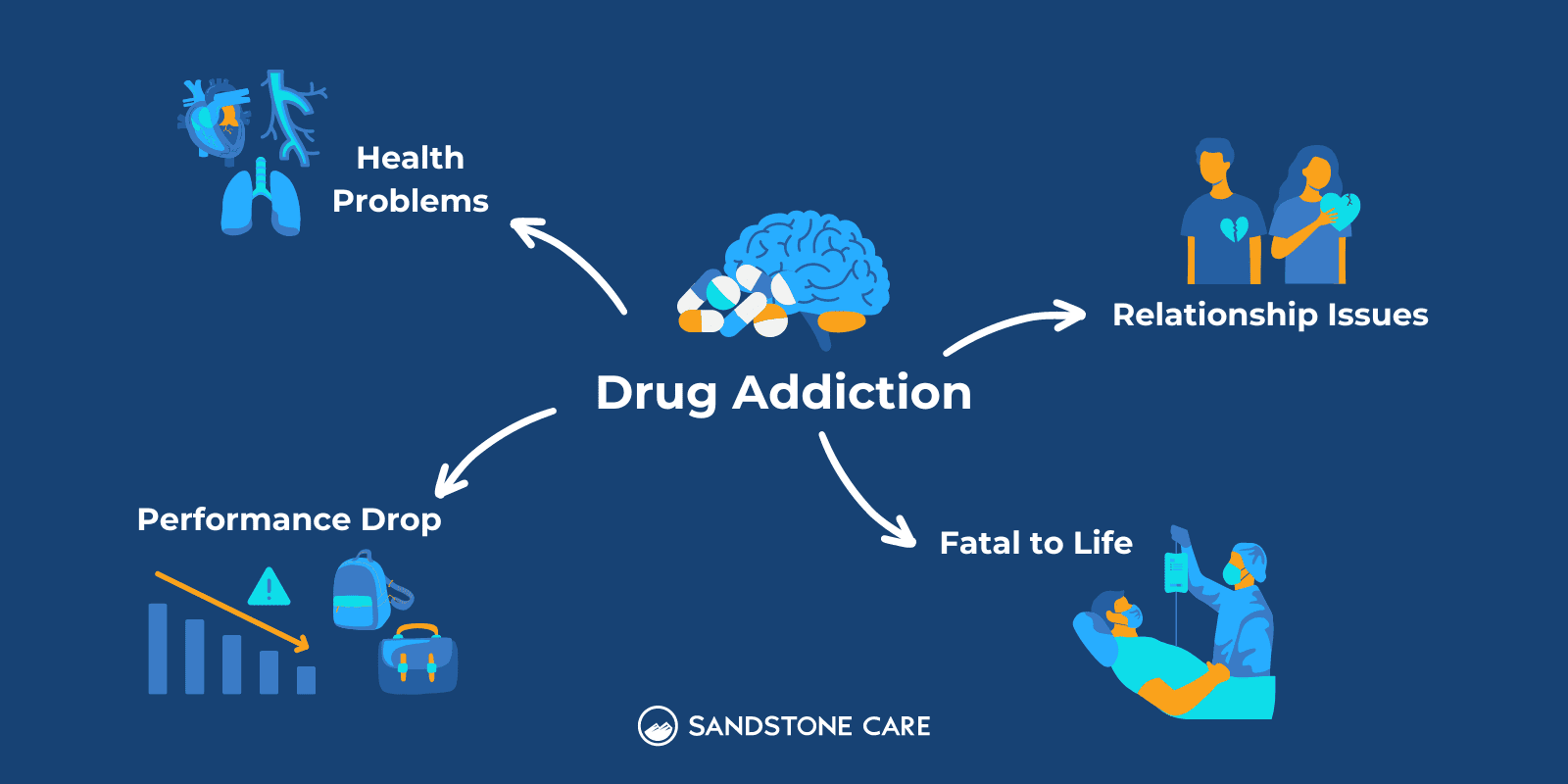
It can feel overwhelming and uncomfortable bringing up addiction and rehab to your loved ones.
Addiction not only affects the individual but can also impact the people close to them. It can be a good thing to let your loved ones know that you are taking the step to go into treatment.
It can be helpful to plan before going into a conversation about going to rehab. Think of the things you want to share and when and where you are going to do it; that way, you are prepared for any questions or reactions that arise.
You do not have to share more than you are comfortable with, but being open and understanding in the conversation can be important. Understand that addiction not only affects you but the people around you and that people care about you.
Sharing with them where you are can help reassure them that you are seriously taking the step to getting help.
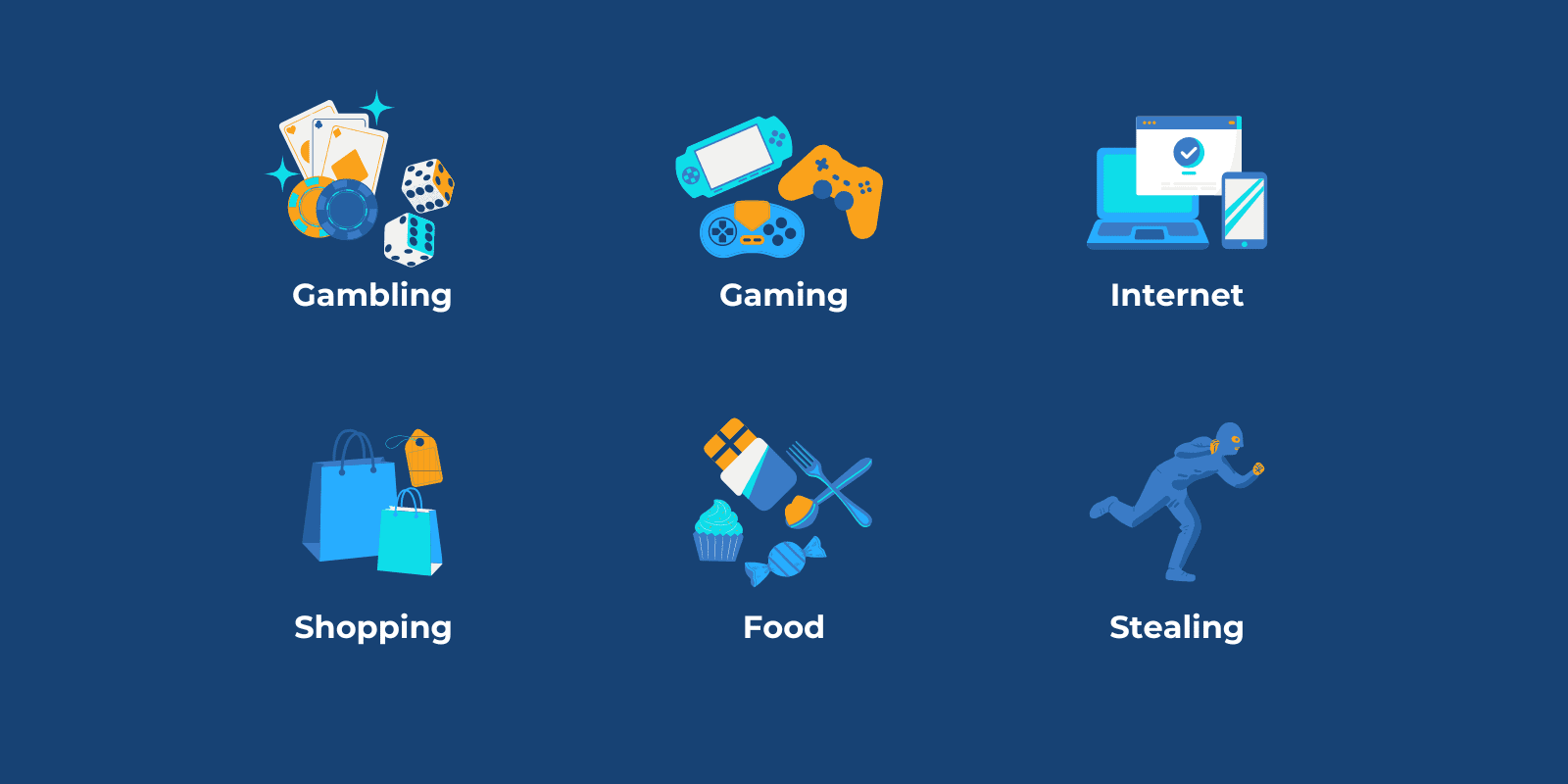
Not only could a person be addicted to substances but behaviors as well.
Common examples of addictive behavior can include:
Behavioral addictions share similarities with substance addictions in the way that both can affect a person’s health and life and cause a strain on personal relationships.
A person with a behavioral addiction will also similarly continuously seek out their behavior despite the negative consequences it has on them.
A person who has an addiction may exhibit physical, behavioral, or psychological warning signs.
Signs of addiction may be hard to recognize as people may try to hide their addiction, or the signs may coincide with something else, like another mental health condition.
5 common signs that indicate a person has an addiction include:

The 5 stages of the addiction cycle involve:

If a loved one is struggling with drug addiction, it is important to let them know that you are there and that you care for them.
If someone opens up to you about addiction, it is important to reassure them that they are not alone. Addiction is common, and even if you have never struggled with addiction, it doesn’t mean you cannot be there for them as well.
Another reassurance is that “It is not your fault.” Addiction is a brain disease, not a choice, requiring treatment like any other disease. Letting them know that it is not their fault shows them that you are not judging them and that getting treatment is the right thing to do.
Sometimes, a loved one may not be open to your help, but offering it or asking “How can I help?” lets them know you are there if they need you.
If someone is struggling emotionally, it can be extremely hard to talk about.
When a loved one is struggling emotionally, you want to be there for them, but you may not be sure how to.
You can start by reminding the person that they are not alone. Emotional challenges and mental health conditions can become isolating and make a person feel that no one will understand what they are going through.
Someone struggling emotionally may be hesitant to reach out for help because they don’t know who to turn to or how to get help.
Ask them, “How can I help?” or telling them,” I am here if you need me,” shows that you are there for support without overstepping.

If a person struggling with addiction goes into treatment, things like “I’ll be here whenever you need me” or “I am thinking about you” let them know you are there to offer support without being overbearing.
Other things you can say when someone has decided to go to rehab include:
When a person has decided to go to rehab, they need to know that you care about them and that this is the right step for them. Deciding to go to rehab is hard, and a strong support system helps through the entire process.
Things to say when someone tells you they are in recovery:
It can be hard for a person to open up about being in recovery, so it is important to make sure they know that you appreciate them sharing with you and that you are there for them.
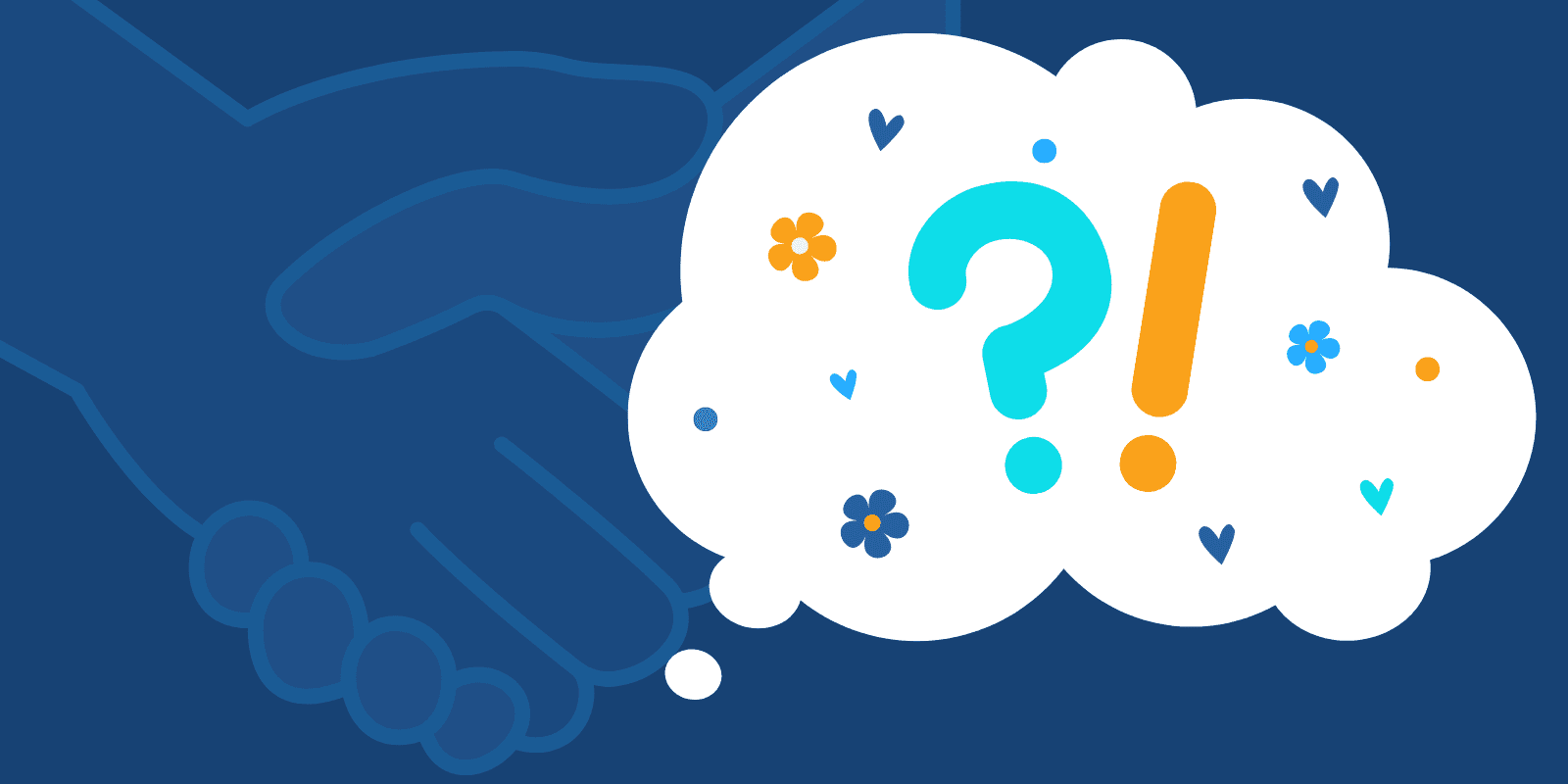
If someone is in recovery, the last thing you want to do is shame them, criticize them, or downplay the situation.
The stigma associated with addiction can significantly impact a person in getting help.
Things you should not say to someone in recovery include:

A big part of helping someone who is struggling with addiction is by educating yourself and learning more about addiction. By learning more, you can better understand how to help a loved one and how to offer support.
Ways you can help someone who has an addiction can include:
Substance Abuse and Mental Health Services Administration also has a treatment locator and helpline that can help people struggling with mental health and substance abuse find treatment and more information.

Support groups like alcoholics anonymous, al-anon, and narcotics anonymous have shown to be helpful for individuals struggling with alcohol or narcotic addiction.
12-step programs like the ones used in AA can help promote abstinence as well as help build healthy relationships between peers, friends, and family.
When it comes to treatment for alcohol addiction, there is no one-size-fits-all.
Finding a treatment program that works best for you and your family is important. Different treatment centers offer a variety of different services, and it is helpful to do research and consider your options.
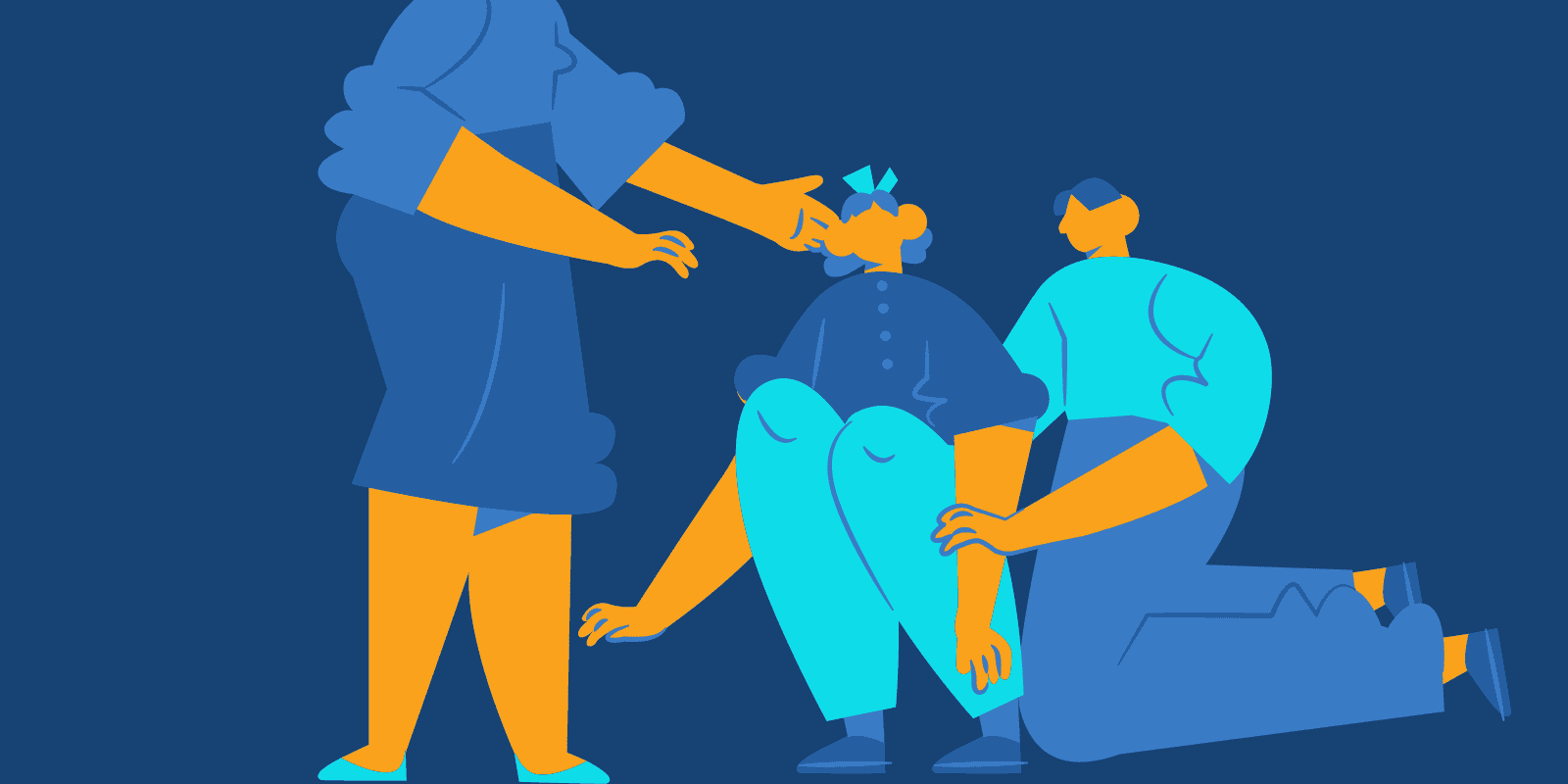
Sometimes, a person may refuse to go to rehab even if their loved ones have talked to them about it and tried to get them to go.
One part of addiction is that a person is often in denial that they have a problem, hindering their motivation to seek help or understand the need.
It is beneficial to find an appropriate time to talk about your concerns, making sure they are not under the influence, are calm, and can focus on the conversation.
Try to approach the situation in an open and understanding way. Possibly in the past, they may not have been ready to talk about things or didn’t feel comfortable opening up.
If someone you love doesn’t want to go to rehab, getting professional support, like a health care provider or mental health professional, is helpful.
A professional can also assist you in staging an intervention, where a person’s loved ones come together to share how they have been affected by their addiction to get them into treatment.
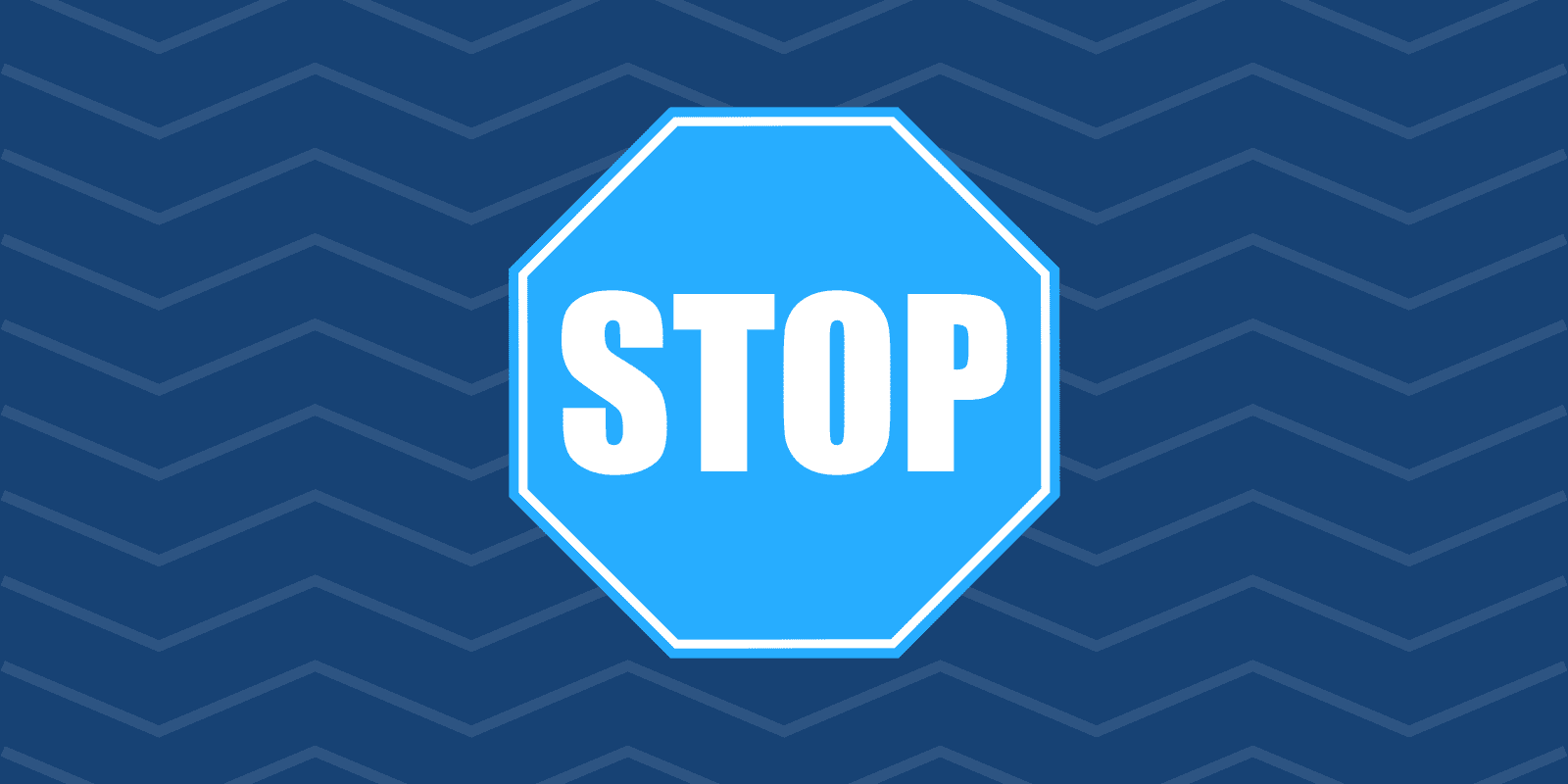
Sometimes, a person may get to a point where they feel they have done everything they can to help a person. In some cases, the help you are giving may be doing more harm than good.
Signs that may indicate you should take a step back from helping someone can be:
Referring someone to professional help can take the load off you while still giving the person the resources they need if they want to get help.
One important part of convincing someone to get treatment is making them aware and helping them understand how their actions have affected them and everyone around them.
Sometimes, a person doesn’t realize how much addiction has not only affected them but the people around them as well. Try to be open and honest with your loved one without being aggressive or confrontational.
If you find that you are struggling to get someone treated, seeking professional help can give you and your family the support to do so.

True sobriety is not just abstinence.
True sobriety involves self-growth, change, and serenity. A sober person has unlearned negative patterns of thinking and behavior and has formed a new life without substances.
Merriam-webster defines sobriety as “the state of being sober.”
Regarding addiction treatment, sobriety typically means someone is not intoxicated or has decided to abstain from substance use.
No, you cannot drink yourself sober.
When referring to a sober personality, it generally means the opposite of drunk.
Words that relate to a sober personality can be “self-control,” “temperate,” or ”calm.”
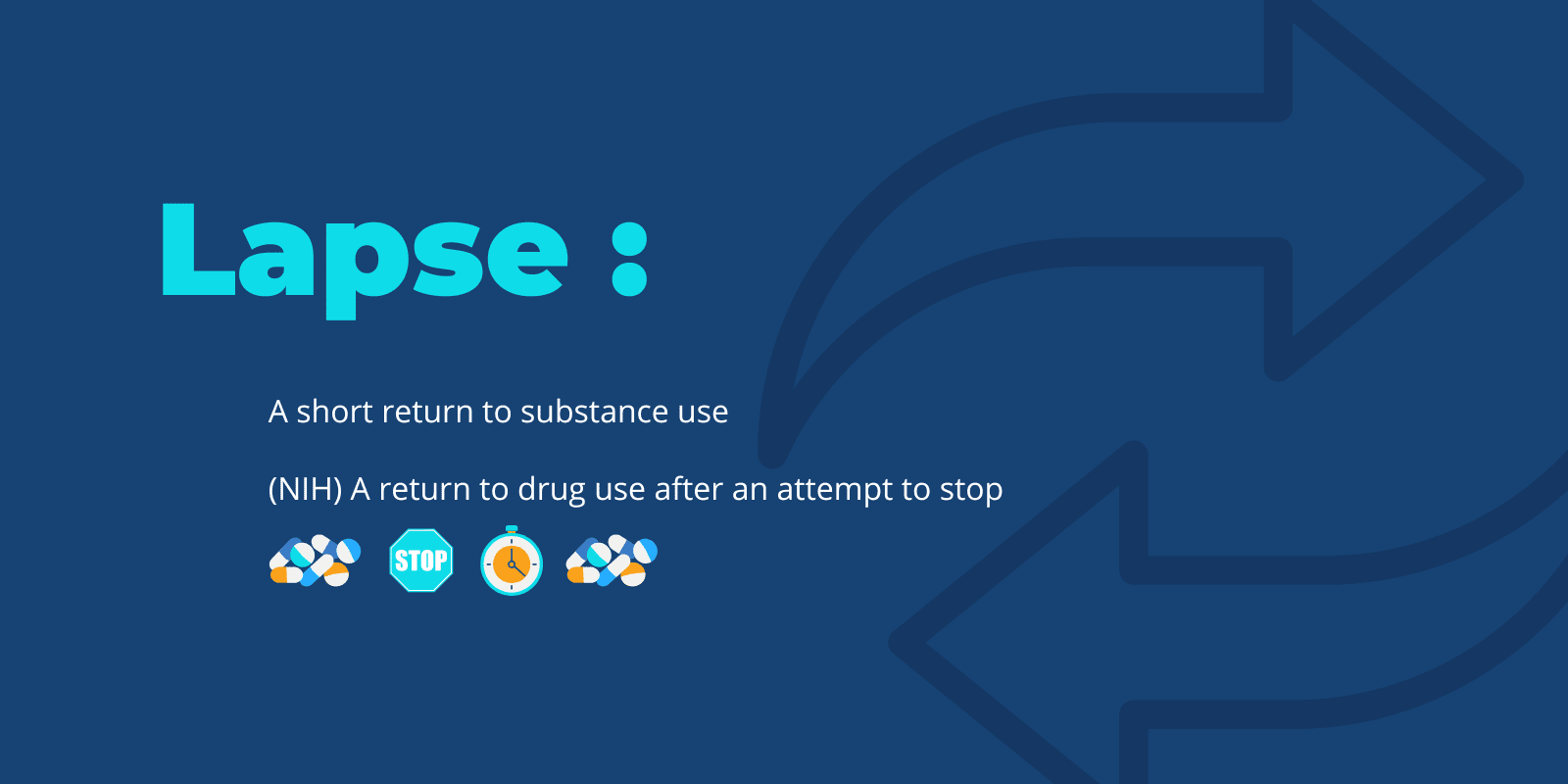
A lapse in recovery is a short return to substance use.
A lapse is typically considered a one-off return to drug use or a slip-up, as opposed to relapse, which the NIH defines as a return to drug use after an attempt to stop.
Lapse and relapse are normal parts of recovery but can become very dangerous.
An example of a relapse is a person who has abstained from alcohol for 2 months and then faces a challenge or situation that triggers them to want to drink again. That night, they binge, and every day for the next week, they start drinking again.
The person experienced a relapse as they were unable to control their alcohol use and returned to drinking.

Relapse can look different from person to person. However, common warning signs of relapse can include:
Addiction is a chronic, relapsing disease, meaning that it is a normal part of the recovery process.
Any person who has struggled with a substance use disorder or addiction is vulnerable to relapse.
Relapse is not a sign that a person has failed and rather an indication that a person needs help and needs to resume, change, or start a new treatment.


Talking to someone about their addiction can bring up difficult emotions.
Loved ones just want to be there for their families and offer support. Sandstone Care is here to support teens and young adults with mental health and substance use disorders.